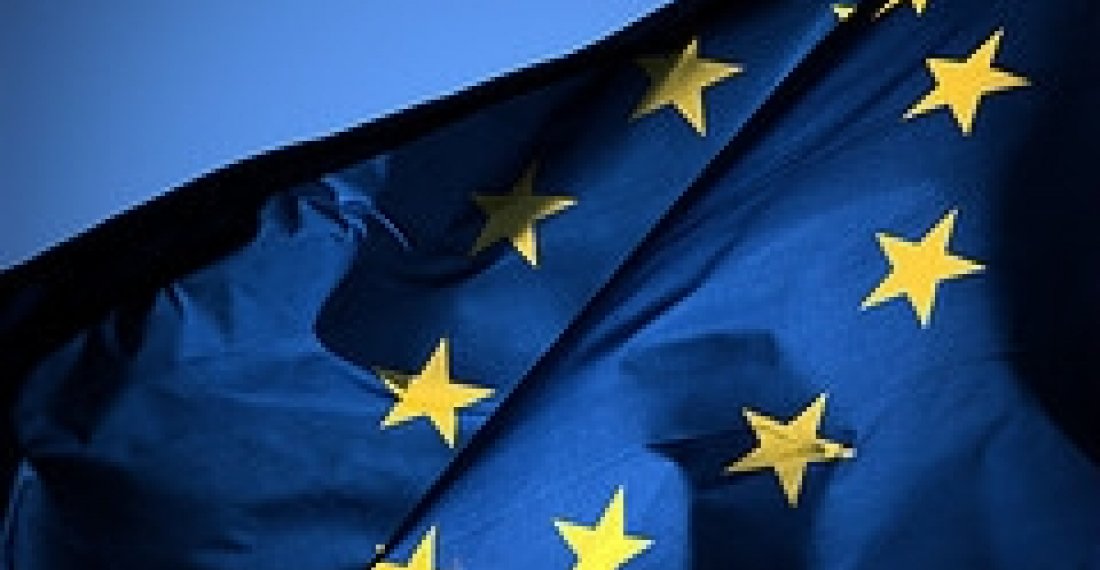The European Union will continue discussions on an Association Agreement with Ukraine but will only sign it if the Ukrainian government shows that it believes in the values on which it is based. Referring to the sentencing earlier this week of Yulia Timoshenko to seven years imprisonment the EU High Representative for Foreign Affairs and Security Policy Catherine Ashton said there was "no doubt that the prosecution of Yulia Tymoshenko was politically motivated," and her trial "did not respect international standards as regards fair, transparent and independent legal process."
She, however, told the European Parliament that the Association Agreement with Ukraine, which includes a pact on a free trade area, should not be taken off the table. Ashton said that Yulia Tymoshenko herself asked EU officials to continue the association agreement work, which was due to be signed by year-end.
"I believe we should not walk away from the technical negotiations, but continue them with the aim of having before us on the table, a document which makes it clear to both sides what is possible - and also what could be lost," Ashton said.
"But we can only sign such an agreement if we are convinced that the Ukrainian leadership believes in the values on which it is based, and is committed to upholding them," she added.
The EU foreign policy chief said the treaty should not be considered as a "gift to Ukraine, or a gift to the EU."
"It was envisaged as a mutually beneficial contract sharing our values and standards, opening our markets, modernizing and diversifying the Ukrainian economy and entrenching the rule of law and fundamental freedoms," she said. "Both Ukrainian and EU citizens stand to benefit, and it offers the Ukrainian government the roadmap for transformation that the country needs".
source: European Parliament







